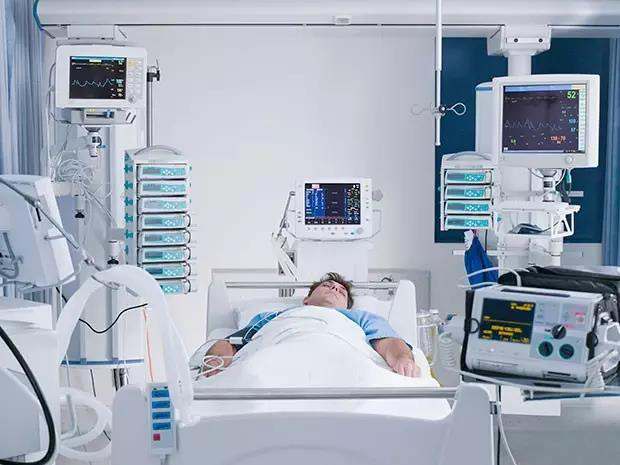The hospital has an understandable goal for the intensive care unit (ICU): to reduce the patient's "death in the hospital bed" event. In the intensive care unit, the data collected by the medical equipment that monitors the vital signs of the patient converge into a torrent that just makes artificial intelligence useful: to determine when the patient will deteriorate. US Emergency Medical Institute (Emergency Care Research Institute, ECRI) of Plymouth Yang card Shah (PriyankaShah) said: "Now, many hospitals are interested in developing predictive sepsis, cardiac arrest and respiratory arrest and other life-threatening symptoms Early warning system." The ECRI Institute is a non-profit organization that evaluates medical procedures, equipment and drugs in the healthcare industry. Sha said that academic researchers and medical device companies are trying to find out which measurable combinations of vital signs can be used as the best indicator to judge the deterioration of patients. Once technical challenges are overcome, researchers must also demonstrate that such indicators are clinically feasible. She said not only to get technically viable evidence, but also to prove that it can be integrated into the hospital's workflow and save money. To make the ICU smarter, the most daunting task is probably to deal with the US Food and Drug Administration (FDA) regulation, as well as dealing with well-conceived clinicians and highly sensitive hospital management. On the technical level, the future of the study is bright. Predict life and death The scene in the Pediatric Intensive Care Unit (PICU) is heartbreaking. In the neonatal ward, cowardly newborns lie in plastic incubators surrounded by various machines and monitors. In the hall, the child with the IV tube bravely smiles under the bright cartoon mural. At Los Angeles Children's Hospital, data scientists Melissa Aczon and David Ledbetter brought an AI system that allows doctors to detect which children are worsening earlier and more accurately. . Esso and Ledert worked in the Virtual PICU Research Department set up in the hospital. Here, they work with clinicians who are eager to improve their surgery. Esso said: "Their view is that ICU has a variety of emergencies every day, and it holds a lot of data. We have the responsibility to learn from these events and use the lessons for future patients." Boiling Flask,Glass Boiling Flask,Round Bottom Boiling Flask,Borosilicate Glass Boiling Flask Yancheng Rongtai Labware Co.,Ltd , https://www.shtestlab.com